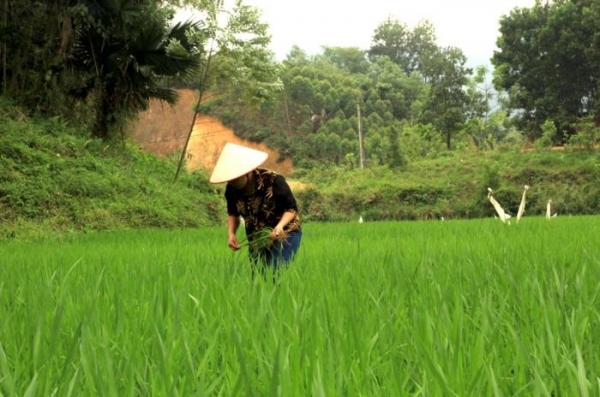A global study of major crops has found that farmworkers are being increasingly exposed to combinations of extreme heat and humidity during planting and harvest seasons that can make it hard for them to function. Such conditions have nearly doubled across the world since 1979, the authors report, a trend that could eventually hinder cultivation. The most affected crop is rice, the world’s number one staple, followed closely by maize. As temperatures rise, the trend has accelerated in recent years, with some regions seeing 15-day per-decade increases in extreme humid heat during cultivation seasons.
The study was just published in the journal Environmental Research Communications.
“If this affects humans’ ability to grow food, that’s serious,” said lead author Connor Diaz, who did the research as a Columbia University undergraduate student with scientists at the university’s Lamont-Doherty Earth Observatory. “The global food chain is all connected, and the danger is, this will impact crop production.”
Read more at: Columbia Climate School
A rice farmer outside Yen Bai, Vietnam. (Photo Credit: Dannie Dinh/International Research Institute for Climate and Society)


